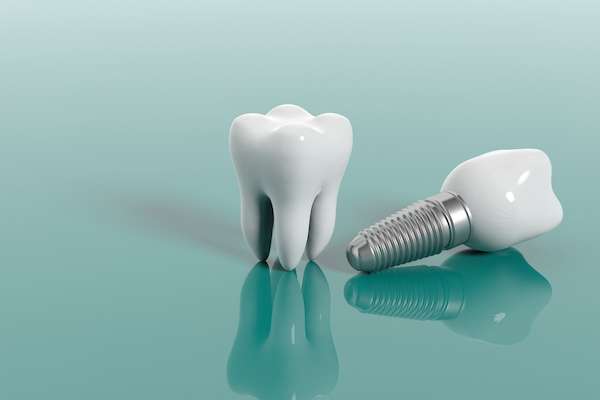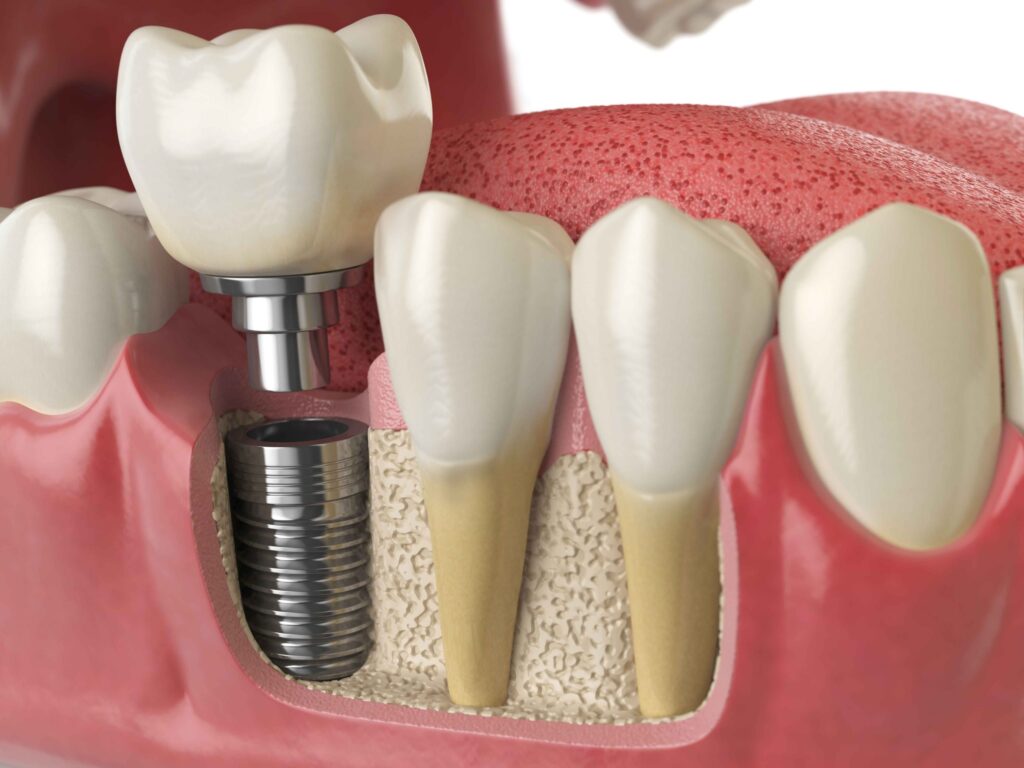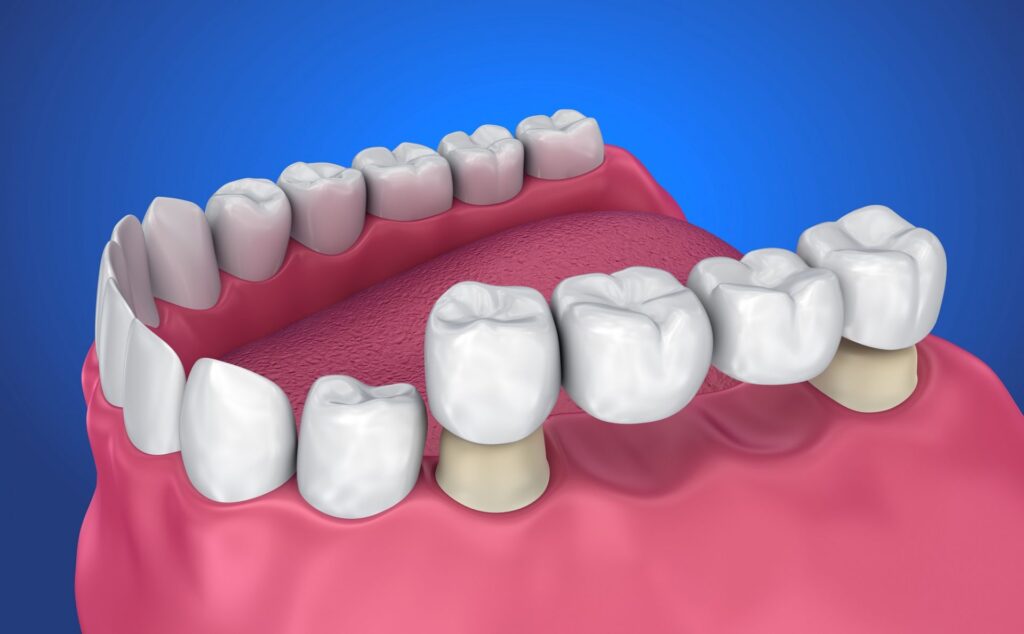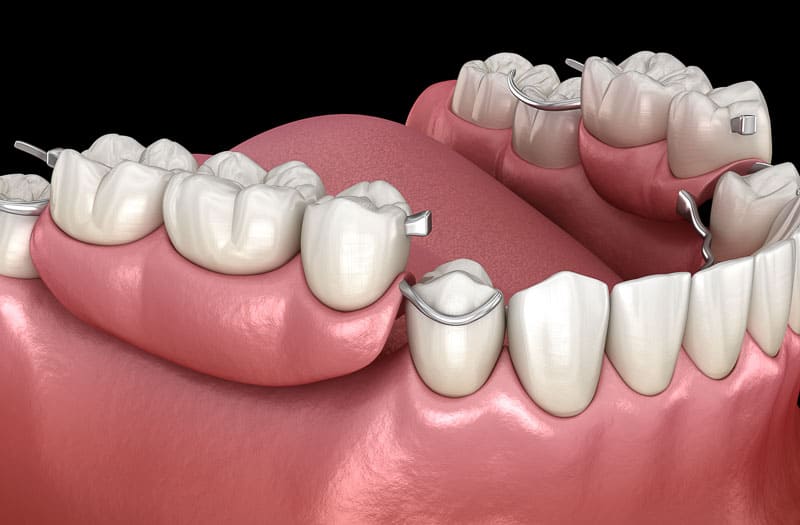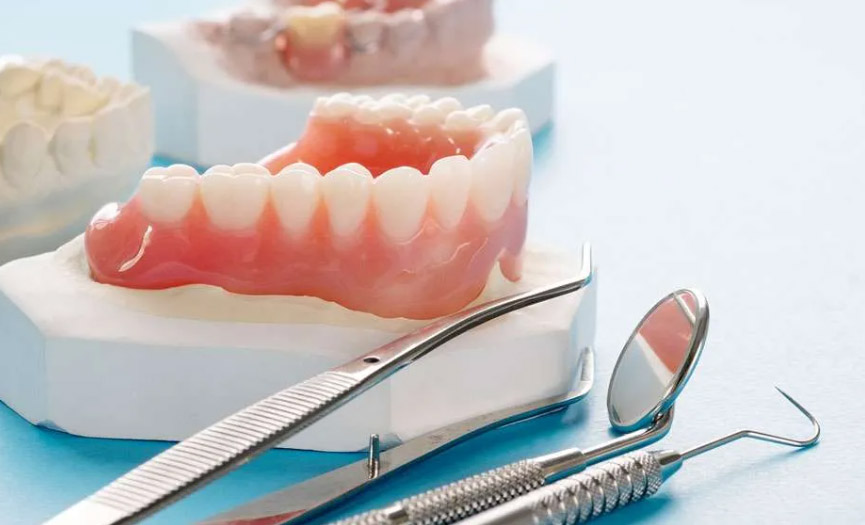In the intricate landscape of dental health, experiencing tooth loss marks a pivotal moment, significantly influencing not just the aesthetics of one’s smile but also their overall well-being and quality of life. With the relentless pace of advancements in dental technology, a spectrum of tooth replacement solutions has emerged, offering not just hope but tangible restoration for those affected areas.
The Critical Role of Tooth Replacement in Dental Health
Losing a tooth, irrespective of the cause—be it injury, decay, or disease—can precipitate a domino effect of complications if not promptly and adequately addressed. The consequences range from the shifting of adjacent teeth, and compromised ability to chew and articulate words, to the erosion of jawbone density. Tooth replacement transcends aesthetic concerns, embodying a crucial intervention for preserving oral health and functional integrity.
Navigating the Spectrum of Tooth Replacement Solutions
Today’s dental landscape is adorned with several tooth replacement options, each presenting its unique advantages and considerations. This section aims to illuminate the most prevalent solutions, aiding you in identifying the ideal fit for your circumstances.
The Vanguard of Tooth Replacement: Dental Implants
Dental implants stand out as a premier, enduring solution for tooth loss. This procedure entails the surgical insertion of a titanium post into the jawbone, laying a robust foundation for a replacement tooth or crown. Celebrated for their natural appearance and sensation, alongside their resilience and capacity to thwart bone loss, dental implants represent a quintessential choice for those in pursuit of a permanent resolution.
Bridging the Gap: Fixed Bridges
Fixed bridges emerge as another prevalent tooth replacement modality, crafting a literal bridge over the void left by a missing tooth. This bridge, anchored to neighboring teeth, offers a viable route for individuals for whom implants are not suited. Despite their durability and aesthetic appeal, bridges necessitate the modification of adjacent teeth, which may not align with everyone’s preferences or conditions.
The Flexibility of Removable Partial Dentures
Removable partial dentures provide an economical and less invasive alternative, capable of being detached and cleaned with ease. Comprising replacement teeth affixed to a gum-colored plastic base, connected via a metal framework that secures the denture within the mouth, partial dentures may demand more upkeep and might exhibit less stability compared to implants and bridges.
The Comprehensive Solution: Full Dentures
For those confronting the absence of all their teeth, full dentures stand as a comprehensive remedy. Available in conventional or immediate variants—the former crafted after the removal and initial healing of remaining teeth—full dentures endeavor to restore the full spectrum of functionality and aesthetics to your smile. Adapting to full dentures may require a period of adjustment, alongside regular modifications, to achieve a snug fit.
Navigate Your Decision: A Pathway To Enlightened Choices When It Comes In Tooth Replacement
Selecting the appropriate tooth replacement strategy hinges on a constellation of factors, including the extent of tooth loss, jawbone health, overarching health status, and financial considerations. Consulting with a dental specialist is imperative, as they can evaluate your unique scenario and advocate the most fitting option. Evaluating your tooth replacement needs is a nuanced process that goes beyond simply filling the gap left by a missing tooth. It encompasses a thorough assessment of the extent of tooth loss, which directly influences the choice between individual implants, bridges, partials, or full dentures.
The Journey to Acquiring Tooth Replacements
The pathway to obtaining a tooth replacement is contingent on the selected method. For example, dental implants necessitate multiple appointments spanning months to accommodate the implant’s surgical insertion, healing phase, and the affixing of the crown. Conversely, bridges and dentures may involve fewer sessions but still require meticulous measurements and fittings to ensure efficacy and comfort. Moreover, your overall health status plays a pivotal role in determining your candidacy for certain procedures. Conditions such as diabetes or heart disease can affect healing times and the success rate of dental implant surgery. Additionally, budget considerations cannot be overlooked. The cost of dental implants versus bridges or dentures varies significantly, with implants generally being the more expensive option upfront but potentially more cost-effective in the long run due to their longevity and lower maintenance
Ensuring the Longevity of Your Tooth Replacement
The longevity of your tooth replacement is significantly influenced by diligent care and maintenance. This encompasses habitual brushing and flossing around implants, bridges, and dentures are essential to prevent gum disease and ensure the health of surrounding teeth and tissues.
Routine dental check-ups allow for the early detection of any issues that could compromise the integrity of the tooth replacement. Additionally, lifestyle and dietary choices play a significant role in the durability of your tooth replacement. High-impact sports, hard or sticky foods, and poor oral hygiene can all lead to damage or early replacement failure.
Adopting a mindful approach to your health and habits can significantly extend the life of your tooth replacement, ensuring it continues to provide the function and appearance of natural teeth for years to come.

Our team comprises skilled dentists and dental hygienists committed to ensuring your visit is as comfortable and stress-free as possible, offering personalized attention tailored to your specific requirements. Emphasizing preventive care and patient education, we aim to empower individuals with the knowledge necessary for maintaining optimal oral health.
We invite you to visit us today and discover compassionate care within a welcoming atmosphere.
Conclusion
Confronting tooth loss is a daunting challenge many face, yet with the advent of suitable tooth replacement solutions, it is feasible to reclaim not only your smile but also your self-assurance. By comprehensively understanding the available options and seeking expert consultation, you can identify the solution that best harmonizes with your needs and lifestyle aspirations. Remember, investing in tooth replacement transcends cosmetic enhancement; it’s a commitment to sustaining your oral health and elevating your quality of life.
FAQs on Tooth Replacement
Q: How long do dental implants last?
A: With proper care, dental implants can last a lifetime, making them one of the most durable tooth replacement options available.
Q: Are tooth replacements noticeable?
A: Modern tooth replacements are designed to look and feel natural, making them virtually indistinguishable from your natural teeth.
Q: Can anyone get dental implants?
A: Most people are candidates for dental implants, but success depends on factors like jawbone density and overall health. Your dentist can determine if implants are right for you.
Q: How do I care for my tooth replacement?
A: Maintaining good oral hygiene and visiting your dentist regularly are key to ensuring the longevity of your tooth replacement.
Q: Is tooth replacement covered by insurance?
A: Coverage varies by insurance plan. Some procedures may be partially covered, while others might not be covered at all. It’s important to check with your insurance provider for specific details regarding coverage.


